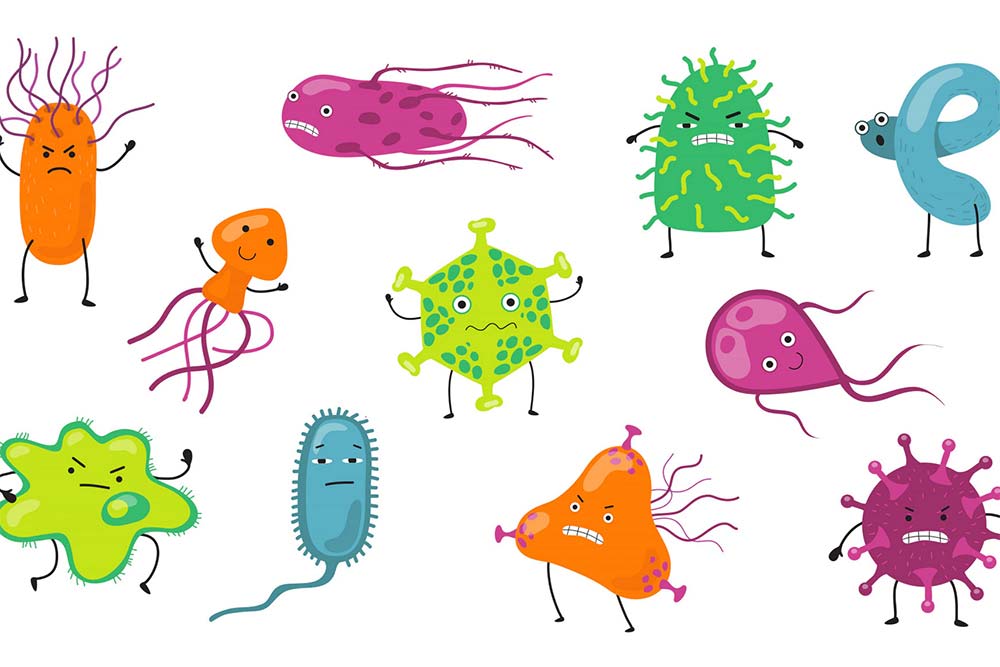Pancreatic cancer is a serious condition that can be hard to detect. That’s why it’s important to know the signs and symptoms of pancreatic cancer so that you can take steps to protect yourself from this disease.
Pancreatic cancer is a deadly form of cancer that affects the pancreas. It is considered to be the fourth leading cause of cancer deaths in the world. The survival rate for pancreatic cancer is generally quite low, with less than 5% of patients surviving five years after diagnosis.
Pancreatic ductal adenocarcinoma (PDAC) is the most common type of pancreatic cancer, accounting for about 85% of all cases. PDAC is also more likely to be fatal than other types of pancreatic cancer because it begins with a slow-growing tumor that may not be detected until later stages.
Risks and Common Causes
The risk factors for developing PDAC include being overweight or obese, having diabetes or high blood pressure, having a family history of pancreatic cancer, and smoking cigarettes or using tobacco products like pipes or cigars regularly during adulthood or adolescence (but not during pregnancy).
Asides from the aforementioned, there are a number of different causes of pancreatic cancer. This includes chronic inflammation, genetic mutations, and smoking. But in most cases, it is usually related to lifestyle choices, such as smoking, drinking, and eating a diet high in fat and sugar.
Chronic inflammation can lead to the development of pancreatic cancer by causing cell growth abnormalities and malignant transformation. In addition, chronic inflammation can also trigger an autoimmune response that may contribute to tumor formation.
Another risk factor for pancreatic cancer is genetics; some people are more susceptible to developing this type of cancer than others due to their genetic makeup. For example, people with a family history of pancreatic cancer have a higher risk of developing this disease themselves than those without such a history.
General Symptoms
The main symptom of pancreatic cancer is pain in your abdomen, which typically lasts no longer than a few days or weeks and usually occurs after eating or drinking alcohol. You may also experience nausea or vomiting, which can be severe enough to require medical attention.
Pancreatic Cancer Symptoms in Men
In men, this type of cancer often starts in the pancreas’s tail (also called the head or neck), which is a small part of the organ near its end. It’s important to know what to watch out for if you’re concerned about your own or someone else’s risk for pancreatic cancer.
Symptoms include:
- Unexplained weight loss—the patient may feel extremely hungry or even have an extreme amount of weight loss without any known medical cause. However, this symptom does not always occur with pancreatic cancer and is not proof that someone has it.
- Extreme abdominal pain – may be severe and constant, but also may come and go (with nausea and vomiting at times)
- Aching back or shoulder pain – may be caused by muscle spasms or swollen/tender lymph nodes in your neck or armpit area
- Fever or chills
- Jaundice – yellowing of skin and eyes, though it is a symptom of many different diseases, not just pancreatic cancer
- Excreting blood – both in urine and in vomit, with no visible signs of food nor waste material
Possible medication and treatment
The medications used to treat pancreatic cancer include surgery, radiation therapy, and chemotherapy. Treatment may involve chemotherapy or radiation therapy if the tumor is too large or has spread to other parts of the body. There is no cure for pancreatic cancer, but there are treatments that can make the disease more manageable. Each treatment option has pros and cons. Surgery may involve the removal of part or all of your pancreas and nearby lymph nodes. Radiation therapy could leave you sterile for life. Chemotherapy can lead to hair loss and fatigue but has fewer side effects than other treatments.
The symptoms of pancreatic cancer can be easily misdiagnosed for other common problems like gastrointestinal issues. This means that many people are not getting diagnosed quickly enough, making the condition harder to treat. If you believe that you are experiencing symptoms of pancreatic cancer, you must communicate your concerns to someone who can help. A specialist with experience in treating this disease will be able to aid in diagnosing the problem and recommending an effective treatment method like the ones in pancreatic cancer clinical trials.
If you’re a man and you’ve been diagnosed with pancreatic cancer, the disease, and its treatment options may vary from case to case. This type of cancer, which uncommonly affects men, has about an 8 percent five-year survival rate. Treatment intensity varies based on individual needs and pancreatic cancer stages.
That’s why it’s so important to know the facts. The more you understand pancreatic cancer in men, the better prepared you can be when making critical decisions and planning your care. These days, most people include a healthy lifestyle in their treatment plans, but that’s true for women.
